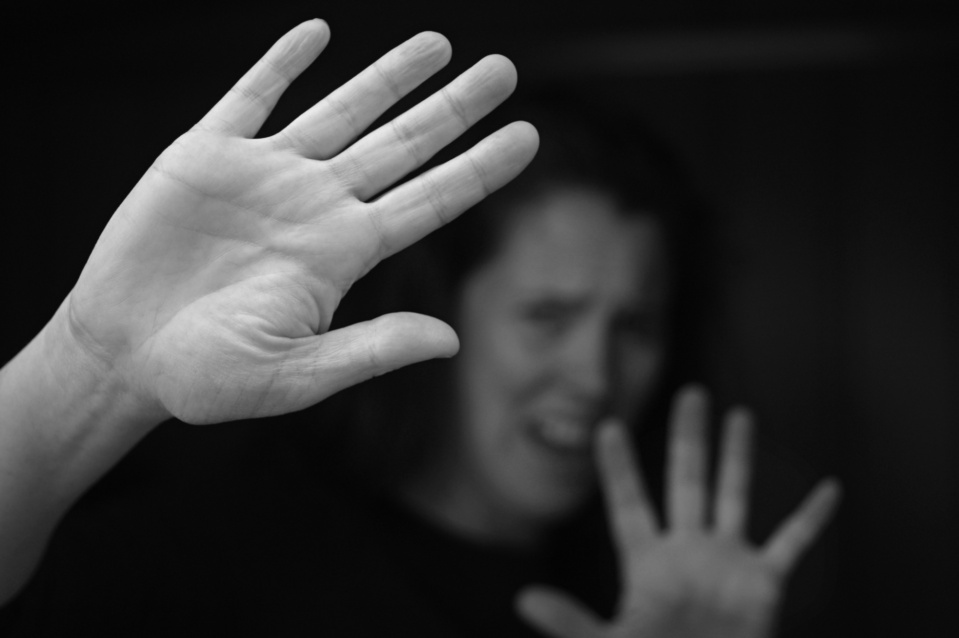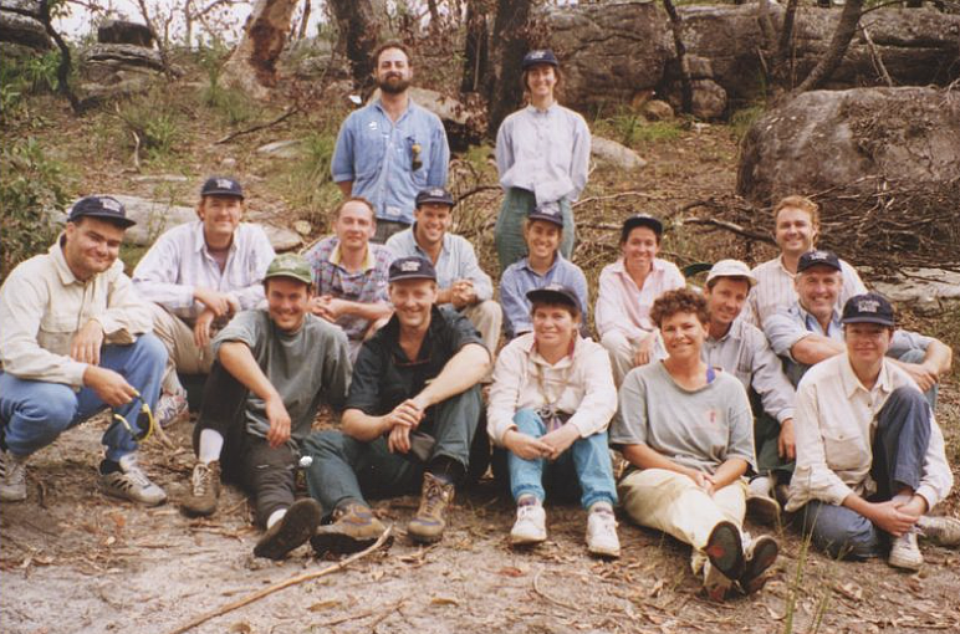
ICDA and BoardPro partnership unlocks digital governance tools for not-for-profits nationwide
Posted on 10 Dec 2025
Adele Stowe-Lindner, Executive Director, Community Directors The Institute of Community Directors…
Posted on 29 Oct 2024
By Greg Thom, journalist, Institute of Community Directors Australia

A groundbreaking report has exposed gaps in Australians’ ability to understand, identify and respond to child sexual violence.
The study by the National Centre for Action on Child Sexual Abuse (National Centre) surveyed more than 4,000 people on issues relating to child sexual abuse.
Questions covered people’s attitudes towards, knowledge of, and responses to child sexual abuse, harmful sexual behaviours, and the needs of victims and survivors.

It is estimated that one in three girls and one in five boys in Australia have experienced some form of child sexual abuse before the age of 18.
Dr Leanne Beagley, CEO of the National Centre, said the first-of-its-kind Australian Child Sexual Abuse Attitudes, Knowledge and Response Study provided new, nationally representative data and insights to inform Australia’s efforts to prevent and respond to child sexual abuse, and to support victims.
Despite community awareness that child sexual abuse is a significant and prevalent social issue that must be addressed, the report uncovered troubling misconceptions, victim-blaming attitudes, and gaps in adults’ ability to identify risks to children’s safety.
Some adults also had limited understanding of the widespread and long-term impacts of child sexual abuse, had low confidence and low willingness to intervene, and didn’t know how to appropriately respond to child and adult victims and survivors.
Key findings of the report included:
The report found there was widespread support for prevention initiatives such as more education for parents and carers and community awareness campaigns.
“These harmful attitudes and barriers must be addressed if we are to ensure a safer and more supportive environment for all children and child sexual abuse victims and survivors.”
The study’s findings prompted calls for greater investment in programs that enable Australians to take meaningful action to protect children from sexual abuse and create an environment where children and adult survivors are believed, supported and understood.
“We must not lose momentum in addressing this complex social problem, and this data assists us in those efforts,” said the National Centre’s Dr Beagley.
The National Centre’s director of knowledge generation, research and evaluation, Professor Andrea de Silva, said the research data would provide a baseline against which to measure the effectiveness of any future initiatives to identify and respond to child sexual abuse.
“This new data shows us that while many Australians want to protect children from sexual abuse, some hold very problematic attitudes towards victims and survivors, and there are significant barriers in terms of understanding the issue, recognising risky behaviours, and knowing how to respond,” she said.
“These harmful attitudes and barriers must be addressed if we are to ensure a safer and more supportive environment for all children and child sexual abuse victims and survivors.”

Posted on 10 Dec 2025
Adele Stowe-Lindner, Executive Director, Community Directors The Institute of Community Directors…

Posted on 10 Dec 2025
The Australia Institute has called on the federal government to force Australian businesses to be…

Posted on 10 Dec 2025
Economic empowerment is essential to enabling recovery, restoring agency and preventing future…
Posted on 10 Dec 2025
A long-time advocate for rough sleepers in northern New South Wales has been named her state’s…

Posted on 10 Dec 2025
What a year 2025 has been, particularly at a national level where the Parliament and politics as we…

Posted on 10 Dec 2025
Anyone working in an organisation knows it: meetings follow one after another at a frantic pace. On…

Posted on 10 Dec 2025
As a qualified yoga instructor who learned the practice in her hometown of Mumbai, Ruhee Meghani…

Posted on 10 Dec 2025
Community Directors trainer Jon Staley knows from first-hand experience the cost of ignoring…

Posted on 10 Dec 2025
Stressed, overwhelmed, exhausted… if you’re on a not-for-profit board and these words sound…

Posted on 10 Dec 2025
The Institute of Community Directors Australia trains over 22,000 people each year, which gives us…

Posted on 09 Dec 2025
The late Sir Vincent Fairfax is remembered as a business leader, a chairman of AMP, and an active…

Posted on 08 Dec 2025
A pioneering welfare effort that helps solo mums into self-employment, a First Nations-led impact…